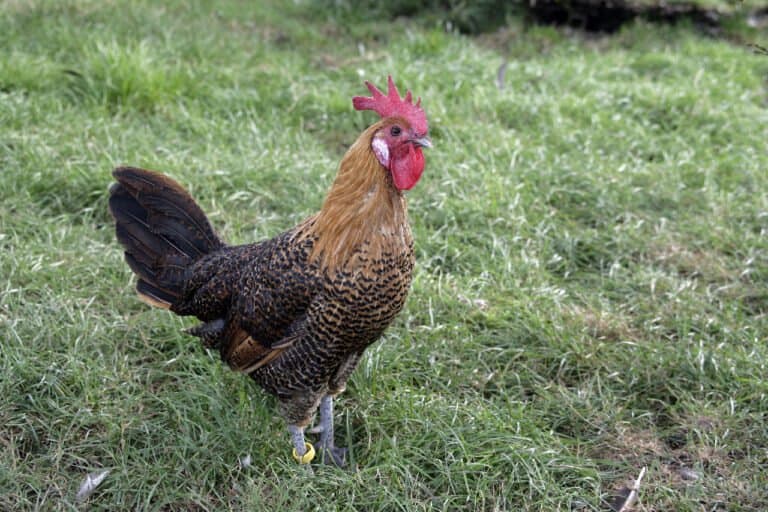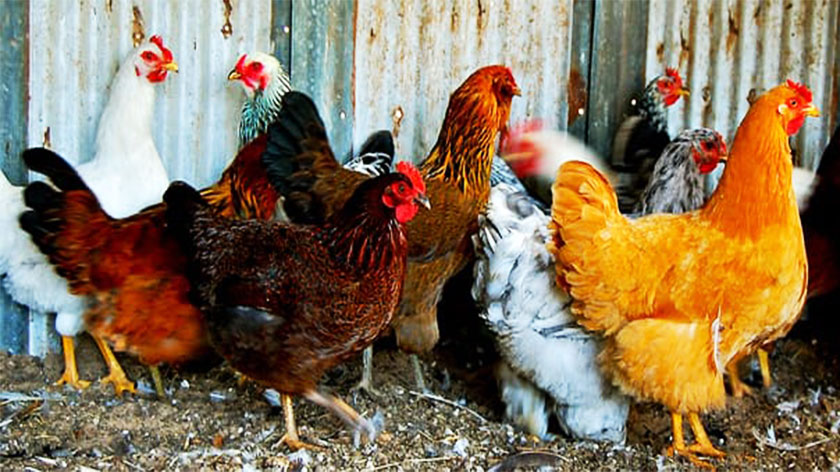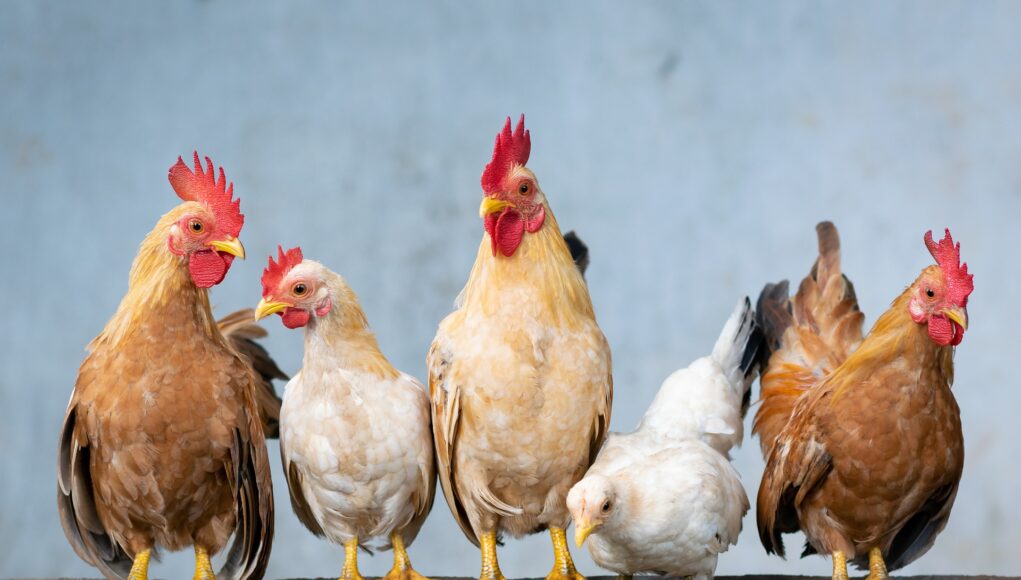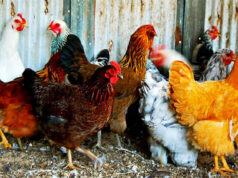If you’ve recently started raising chickens or are considering doing so, you may be asking yourself, ‘How old does a chicken have to be to lay eggs?’ The age at which chickens start laying eggs is pivotal information for anyone who wants to make the most of their poultry farming experience. Generally, chickens begin to lay eggs at around 18 to 24 weeks of age, but various factors can influence this timeline. Let’s explore all the ins and outs of the chicken egg-laying process.

The Average Age of Egg Laying
On average, a chicken hen will start to lay eggs between 18 to 24 weeks of age. This usually translates to about 4 to 6 months. This, however, depends on several elements, including the breed of the chicken, environmental conditions, and overall health.
Breed-Specific Age
The specific breed of the chicken can significantly affect when they begin to lay eggs. For example, breeds like the Leghorn tend to start laying eggs earlier, often as early as 16 weeks, whereas heavier breeds like the Brahma may not start until they are closer to 28 weeks old.

Factors Influencing Egg Laying
Several factors can influence when your chickens will start to lay eggs, and understanding these can help you optimize their conditions for egg production.
Environmental Factors
Environmental conditions such as light, temperature, and coop conditions play a significant role. Chickens need ample daylight to lay eggs, usually around 14 to 16 hours of light each day.
Health and Nutrition
The overall health and nutrition of your chickens are critical for egg laying. A well-balanced diet rich in calcium and protein is essential for optimal egg production. Additionally, keeping them free of diseases, such as Mareks disease, is vital.
Coop Conditions
Maintaining a clean, stress-free environment will also support healthier, more productive hens. Ensure that the coop is spacious and well-ventilated, and provide nesting boxes to encourage laying.

Tips for Encouraging Egg Laying
If your chickens seem a little late in starting their egg-laying career, here are some tips to encourage them:
- Provide Proper Light: During shorter days, consider adding artificial light to extend the ‘daytime’ to 14-16 hours.
- Ensure a Balanced Diet: High-quality layer feed is essential. Consider supplements if needed.
- Maintain Health: Regular check-ups and vaccinations can help keep diseases at bay.

How to Identify a Hen Ready to Lay Eggs
Before they start laying eggs, hens often show several signs of readiness. Heres what to look for:
Physical Changes
Physical signs include a bright red comb and wattles, enlarged pelvic bones, and increased squatting behavior.
Behavioral Changes
The birds may become more vocal and spend more time exploring nesting areas. If you provide nesting boxes, you might notice them making nests or sitting inside them.
Common Questions
How Often Do Chickens Lay Eggs?
Once they start, hens typically lay an egg every 24 to 26 hours. However, this can vary based on factors such as breed, age, and environmental conditions.
Can Roosters Affect Egg-Laying?
Roosters are not necessary for hens to lay eggs, but having a rooster can affect the flock’s dynamics. Roosters can sometimes cause stress, but they can also protect the flock from predators.
What to Do with Late Bloomers?
If your hens haven’t started laying by the expected time, keep them healthy and provide ideal conditions. Be patient, as some hens are naturally late bloomers.
Frequently Asked Questions (FAQ)
What affected the start of egg laying?
Various factors such as breed, light, temperature, health, and nutrition can influence when your chickens will start to lay eggs.
Can I speed up the process?
While you can’t drastically hasten natural processes, ensuring optimal conditions can certainly help. Provide ample light, balanced nutrition, and a stress-free environment.
How can I tell if my hen is about to start laying?
Look for physical and behavioral signs like bright red combs, increased squatting behavior, and visits to nesting boxes.
Conclusion
Knowing how old does a chicken have to be to lay eggs is vital for anyone raising chickens. By understanding the factors involved and making adjustments to your flock’s environment, you can help your hens lay eggs more consistently. So get ready, because egg-laying will be here before you know it!
As an Amazon Associate, I earn from qualifying purchases.
For more essential tips and guidelines, feel free to visit Chicken Things and More










